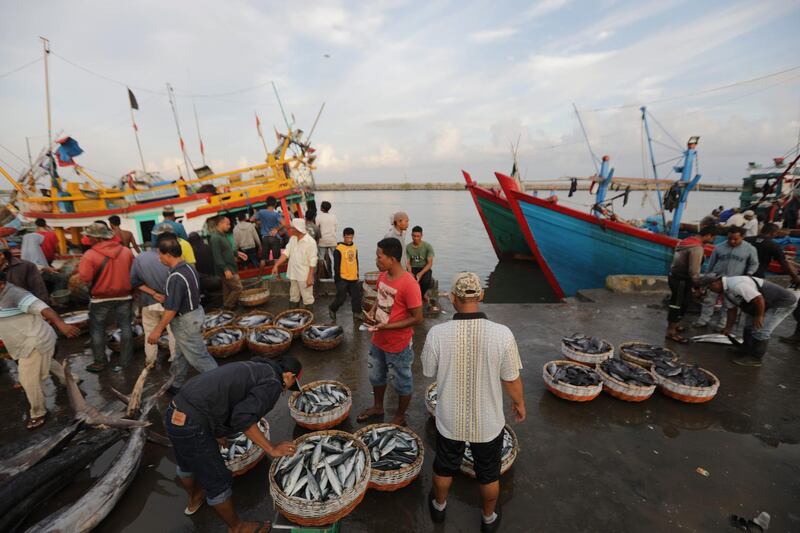Global economic growth is projected to soften from a downwardly revised 3 per cent in 2018 to 2.9 per cent in 2019, the World Bank said on Tuesday, citing softening international trade and manufacturing activity, elevated trade tensions and some large emerging markets experiencing financial market pressures.
Growth among advanced economies is forecast to drop to 2 per cent this year, its report, the January 2019 Global Economic Prospects, said. Slowing external demand, rising borrowing costs and persistent policy uncertainties are expected to weigh on the outlook for emerging market and developing economies. Growth for emerging markets is anticipated to hold steady at a weaker-than-expected 4.2 per cent this year.
“At the beginning of 2018 the global economy was firing on all cylinders, but it lost speed during the year and the ride could get even bumpier in the year ahead”, said World Bank chief executive Kristalina Georgieva. “As economic and financial headwinds intensify for emerging and developing countries, the world’s progress in reducing extreme poverty could be jeopardised. To keep the momentum, countries need to invest in people, foster inclusive growth, and build resilient societies.”
The upswing in commodity exporters has stagnated, while activity in commodity importers is decelerating, the World Bank said.
The international lender foresees a number of developments that could act as a further brake on activity: a sharper tightening in borrowing costs could depress capital inflows and lead to slower growth in many emerging market and developing economies; past increases in public and private debt could heighten vulnerability to swings in financing conditions and market sentiment; and intensifying trade tensions could result in weaker global growth and disrupt globally interconnected value chains, it said.
_______________
Read more:
[ Trump credits his ‘talent’ for oil price drop ]
[ Investors need to look out for 'doom loop' risks ahead ]
_______________
On Monday, president of the World Bank Jim Yong Kim said he will step down from his position in February, he announced on Monday.
Mr Kim, who is leaving three years before the expiry of his second term in 2022, led the bank for over six years, overseeing a boom in funding for projects unmatched outside of a financial crisis.
Upon announcing his sudden retirement from the role, the 59 year-old said it had been “an honour” to serve as president of the global institution.
Ms Georgieva will assume the role of interim president from the date of Mr Kim’s departure.







